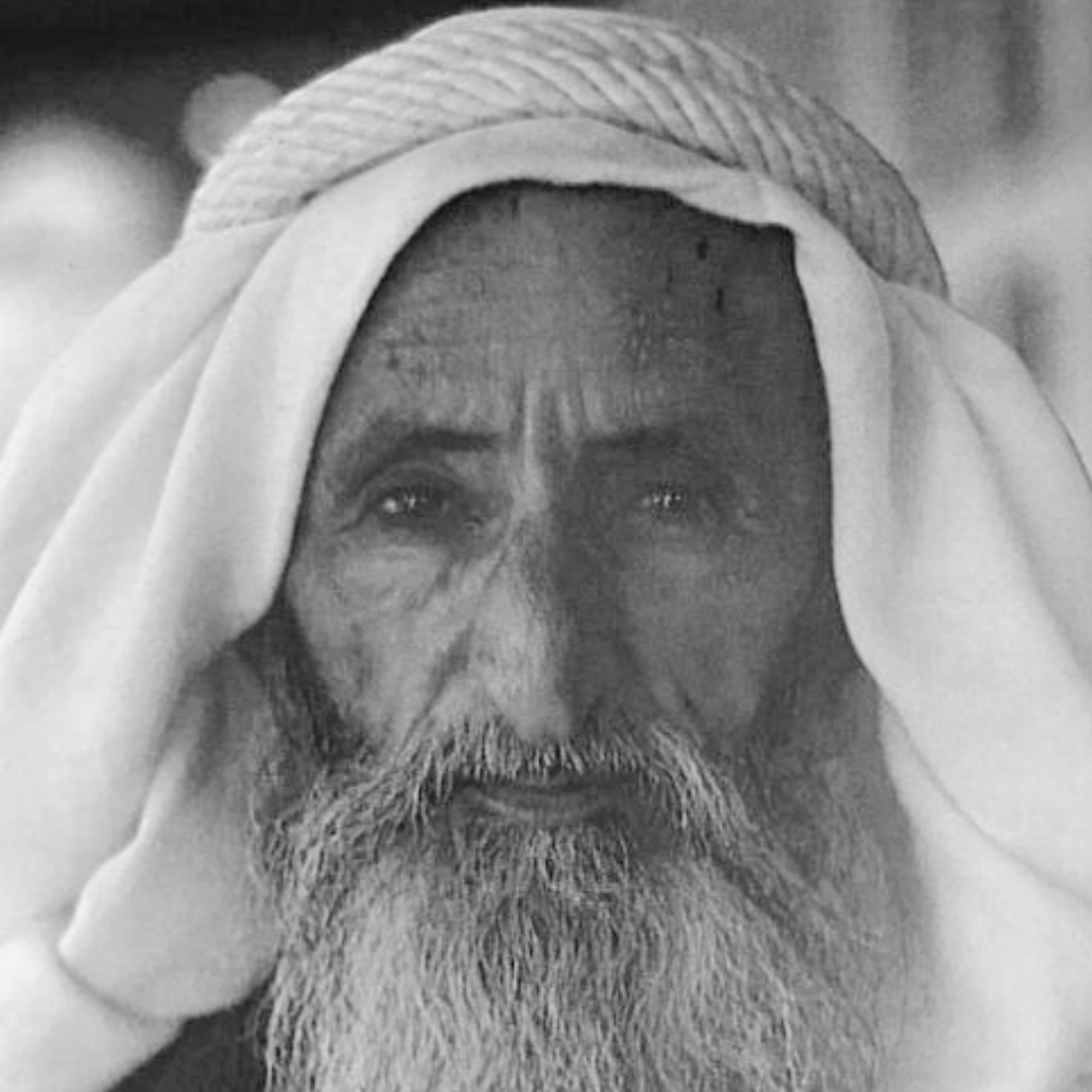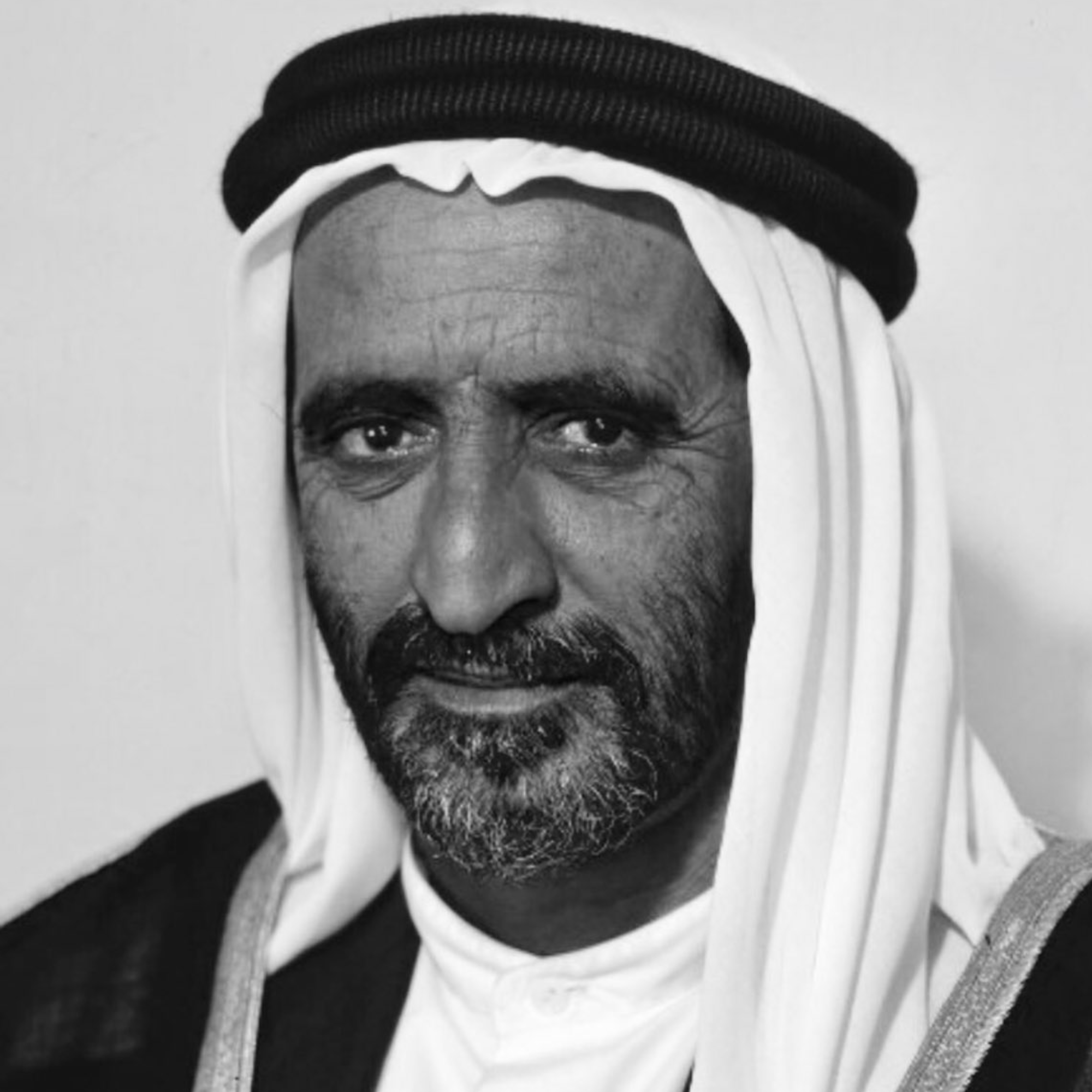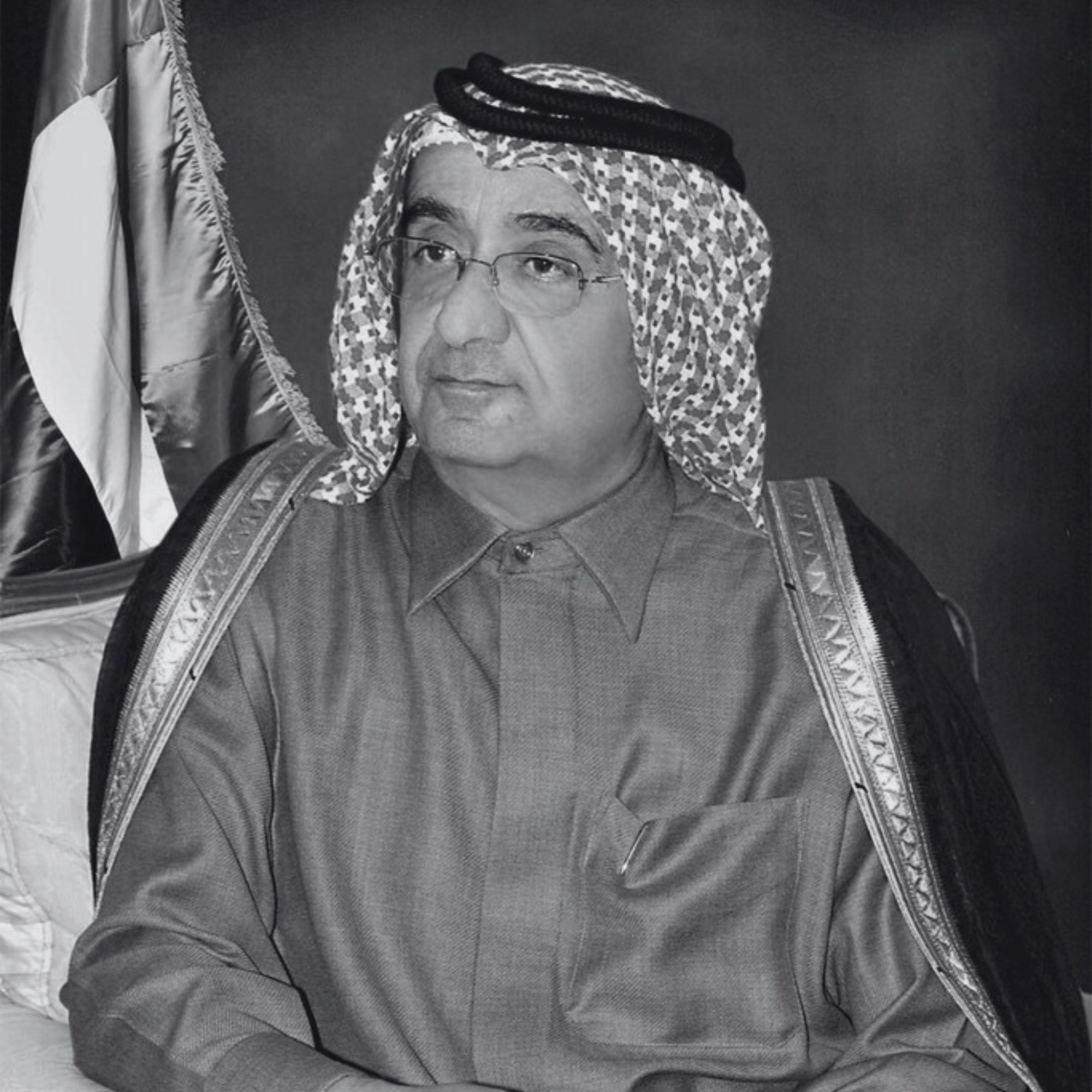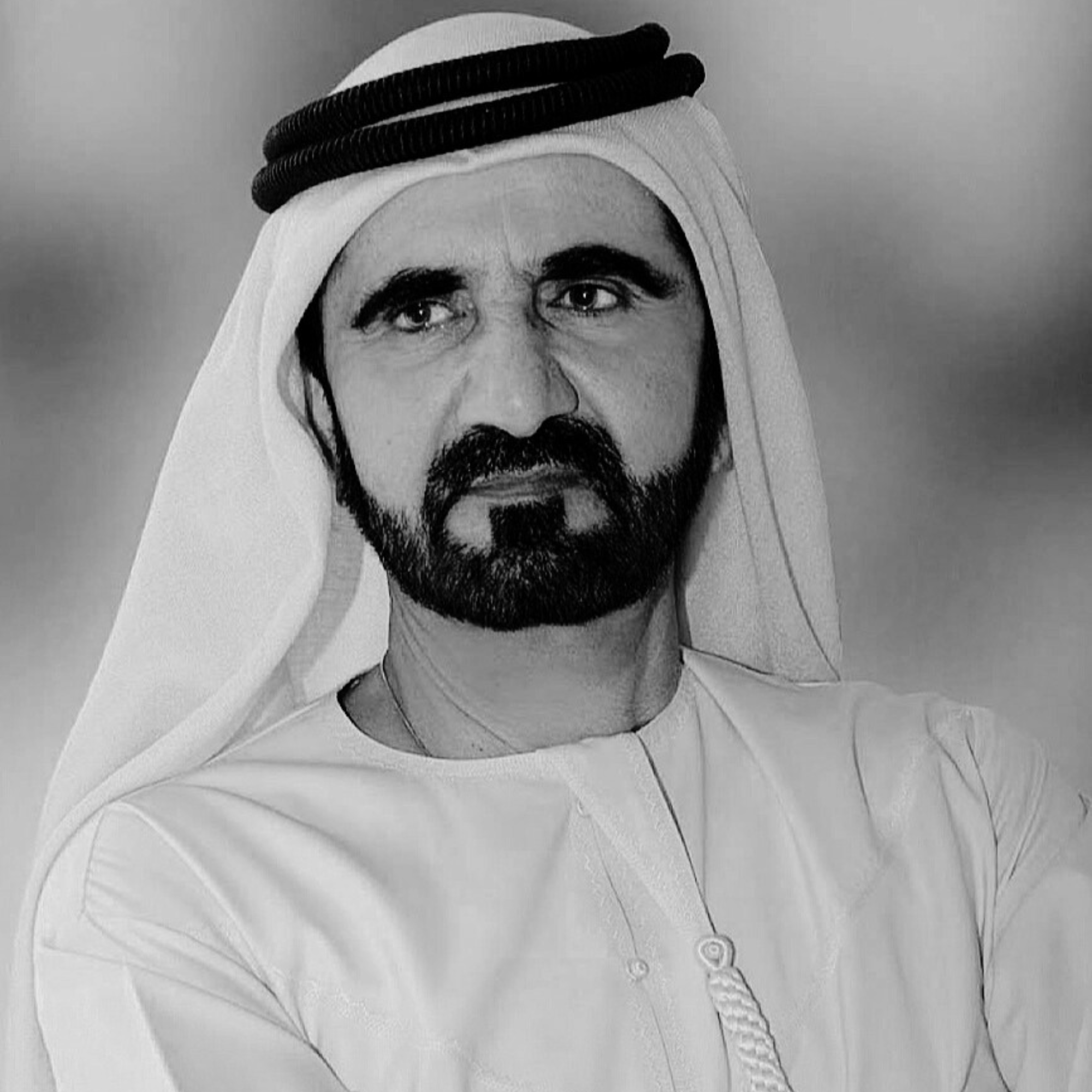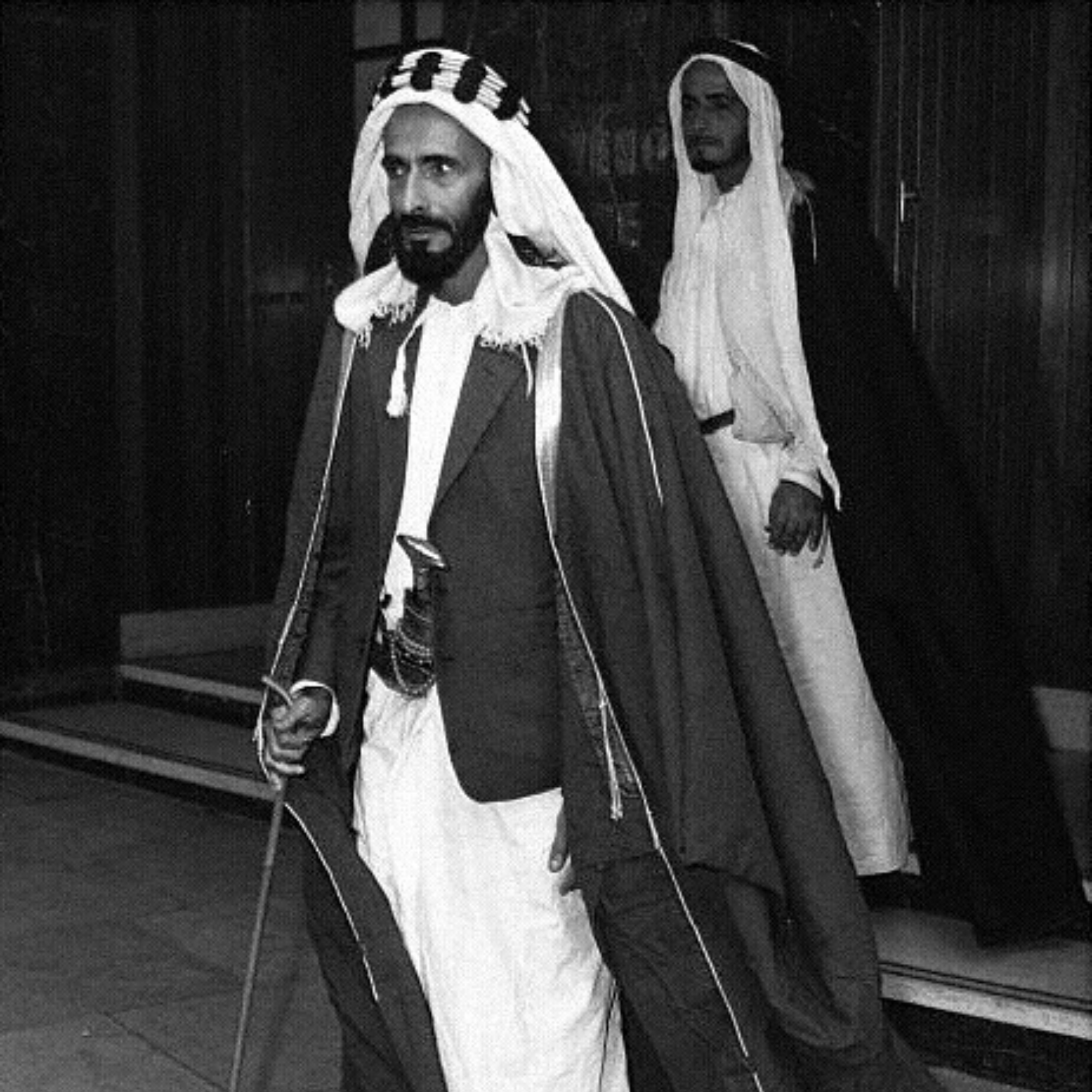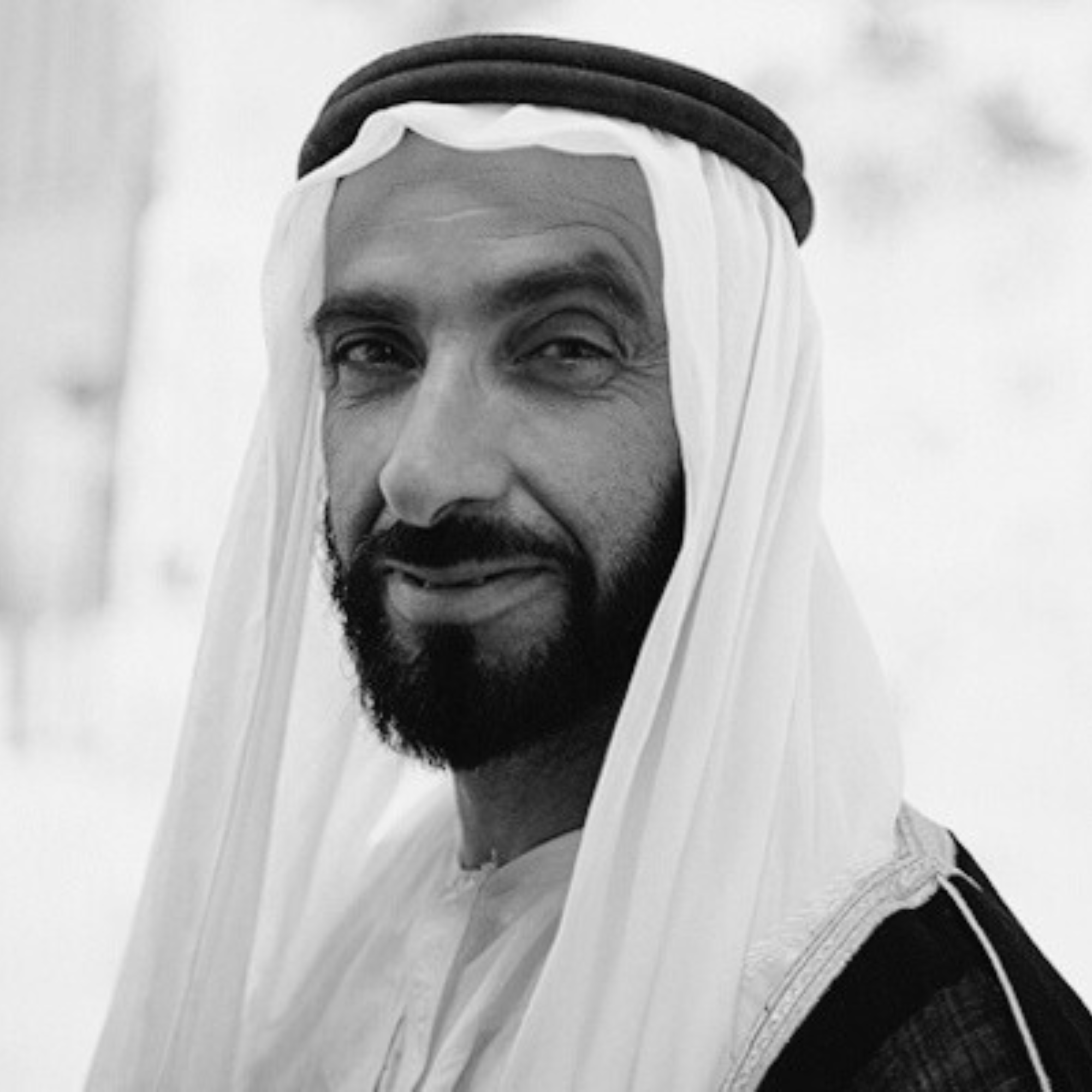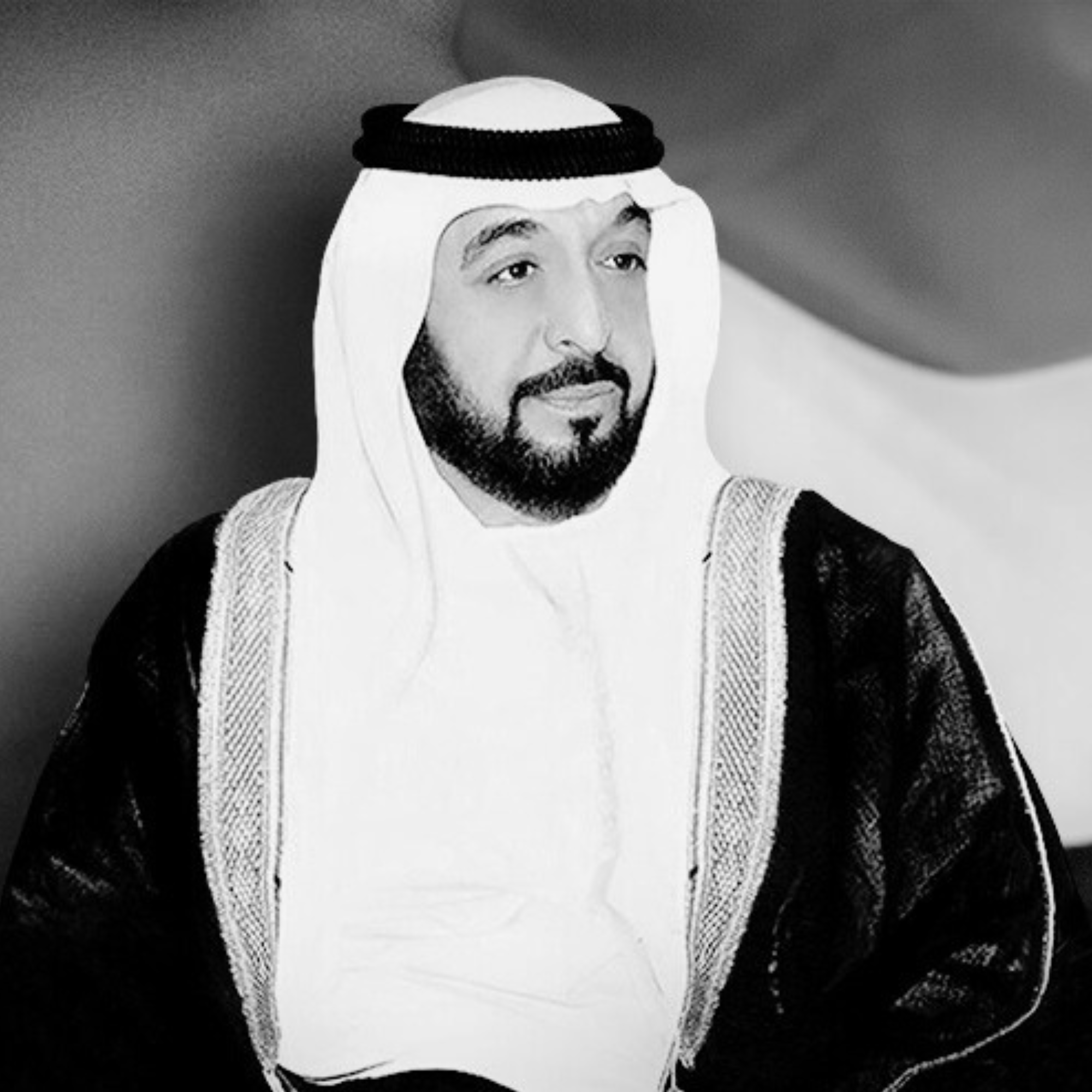THE HISTORY OF THE EMIRATES
"THE RACE FOR EXCELLENCE HAS NO FINISH LINE"
BEFORE 1971
18th CENTURY
The Bedouin tribes living in the region that would later become the United Arab Emirates depended heavily on maritime trade, fishing and pearl farming for their livelihood.
1820-1890
The British signed a series of treaties with the local sheikhs to establish a relationship of mutual protection and support. These agreements, known as the "Truce States", also guaranteed a halt to acts of piracy against British ships.
1892
A new treaty established the Trucial States as a protectorate, making the region part of the British colonial empire.
1939-1945
During the Second World War, the region saw an increase in military activity due to its strategic position.
1958-1959
The discovery of oil in Abu Dhabi, followed by the discovery of significant oil reserves in other emirates, radically changed the economy and fortunes of the region.
1962
Commercial oil production begins in Abu Dhabi, ushering in an era of oil prosperity in the region.
1966
Commercial oil exploitation is increasing significantly across several emirates, including Abu Dhabi, Dubai, Sharjah and Ras Al Khaimah. This is leading to rapid economic growth and increased oil revenues.
6 August 1966
Sheick Zayed, nicknamed the wise man of the Arabs, becomes Emir of Abu Dhabi. He will be the undisputed leader of the Emirates. He will launch the federation of the various Emirates.
1968
The leaders of the emirates of Abu Dhabi, Dubai, Sharjah, Umm Al-Quwain, Fujairah and Ajman are beginning to discuss the possibility of forming a union.
February 1969
The leaders of the emirates of Abu Dhabi, Dubai, Sharjah, Umm Al-Quwain, Fujairah and Ajman reach an agreement in principle to form a union. This agreement is a major milestone towards the creation of the United Arab Emirates.
15 July 1971
The UK announces its intention to withdraw from the Persian Gulf region, including its protection agreements with the Emirates. This decision has a significant impact on the ongoing unification process.
18 July 1971
The Emirates of Abu Dhabi, Dubai, Sharjah, Umm Al-Quwain, Fujairah and Ajman sign a preliminary constitutional agreement in Dubai, laying the foundations for the formation of the United Arab Emirates. This document sets out the basic principles of the union, including the division of powers between the emirates and the governmental structure. They also officially announced their intention to form the United Arab Emirates on 2 December 1971.
SINCE 1971
2 December 1971
Formation of the United Arab Emirates (U.A.E.) with Abu Dhabi as its federal capital. The original six emirates (Abu Dhabi, Dubai, Sharjah, Umm Al-Quwain, Fujairah and Ajman) unite to form a single independent country. Sheikh Zayed bin Sultan Al Nahyan becomes the UAE's first president.
1971-1972
The country adopts a common currency, the Emirates dirham (AED).
1972
Ras Al Khaimah joins the union, bringing the total number of UAE emirates to seven.
1973
The country's first international airport, Dubai, is inaugurated.
1973-1974
The UAE takes part in the Arab oil embargo in response to Western support for Israel during the Yom Kippur War.
1976
The port of Jebel Ali in Dubai opens, becoming one of the largest ports in the world.
1977
The UAE launches its own airline, Emirates.
1990-1991
Participation of the U.A.E. in the international coalition during the Gulf War in response to Iraq's invasion of Kuwait.
2000
Launch of the Palm Jumeirah development in Dubai, an artificial island in the shape of a palm tree.
2004
Work begins on the Burj Khalifa, the world's tallest skyscraper.
December 2007
Inauguration of the Sheikh Zayed Mosque. It is considered to be the largest mosque in the Emirates and can accommodate 40,000 visitors.
January 2010
Inauguration of the Burj Khalifa after 6 years of construction. It holds several records: the tallest tower in the world, the highest number of floors, the highest and fastest lift.
2012
The emirate of Dubai is inaugurating the Dubai Mall, one of the largest shopping centres in the world.
2012
Inauguration of the largest solar power plant in the Middle East in Abu Dhabi.
2013
The UAE sends the first Emirati astronaut, Hazzaa Al Mansoori, into space.
2014
The U.A.E. is taking part in air strikes against the Islamic State in Syria.
2015
The United Arab Emirates are involved in the war in Yemen. It was part of the Saudi-led coalition that intervened in the Yemeni conflict to support the internationally recognised Yemeni government against Houthi forces.
2017
The UAE, along with other Gulf nations, broke off diplomatic relations with Qatar, accusing it of supporting terrorism.
2017
Inauguration of the Louvre Abu Dhabi, designed by French architect Jean Nouvel. It aims to be a universal museum.
May 2019
The Emirate of Dubai announces the "Dubai 2040" strategy to shape the city's future.
2020
In July, the UAE launched the Mars Hope Probe mission, making it the first Arab country to send an interplanetary mission.
September 2020
The U.A.E. signs a historic agreement to normalise relations with Israel, known as the Abraham Accords.
2022
Dubai hosts the World Expo. Originally scheduled for 2020 but postponed due to the COVID-19 pandemic, Expo 2020 Dubai took place between October 2021 and March 2022. This major event attracted more than 25 million visitors from all over the world and was an opportunity for the UAE to showcase its technological innovations and vision for the future.
2023
Sultan Al Neyadi flies to the ISS. He will spend 186 days in the International Space Station before returning on 4 September 2023.
December 2023
COP 28 took place from 30 November to 12 December 2023 in Dubai.

